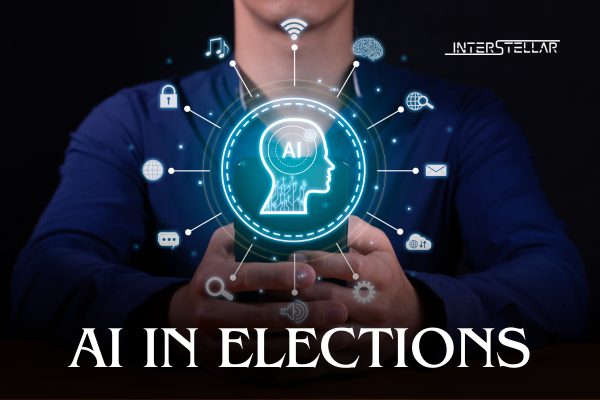Can AI Influence Your Vote? Examining the Impact on Elections
The potential for artificial intelligence (AI) and deepfakes to influence global elections is a growing concern. Britain’s upcoming general election is seen as a key test for AI interference, according to data scientists at the Alan Turing Institute.
Current Impact of AI on Elections
Research from the Alan Turing Institute suggests that while AI’s direct impact on election results has been minimal so far, its misuse could still undermine the democratic process. Sam Stockwell from the Centre for Emerging Technology and Security (CETaS) at the Institute stated, “We haven’t seen any clear evidence of AI manipulating election results compared to polling data.” In a study of 112 national elections since January 2023, AI interference was identified in only 19 instances, with no significant impact on results. However, AI poses secondary risks like creating confusion over AI-generated content, eroding trust in online information, and increasing online hate against political figures.
The Growing Sophistication of AI
Professor Sandra Wachter of the Oxford Internet Institute emphasises that AI is becoming more sophisticated. Algorithms analyse users’ preferences and behaviours, tailoring content to nudge decisions, often without the user’s awareness. This subtle influence is seen as a perfect storm for potential election meddling.
Efforts to Combat Deepfakes
Social media platforms like Facebook, Twitter, and YouTube are working to prohibit and remove deepfakes, though their effectiveness varies. For instance, during India’s general election, deepfake videos featuring Bollywood personalities criticised Prime Minister Narendra Modi and supported the Congress party.
In the U.S., there is debate over whether political advertisements on broadcast media should disclose AI-generated content. Rich Turner, EMEA President for CyberArk, highlighted the lack of mechanisms to regulate and validate content as a significant issue for cybersecurity and government in the coming decade.
Recommendations and Future Outlook
The Alan Turing Institute has urged the UK Electoral Commission and Ofcom to provide joint guidance and seek voluntary agreements on the fair use of AI in political campaigns. Insights from the UK general election on July 4 and the U.S. elections in November are expected to clarify AI’s role in the democratic process. Stockwell noted the importance of understanding AI threats amid speculation and concern, aiming to determine the impact and future role of AI in elections.





